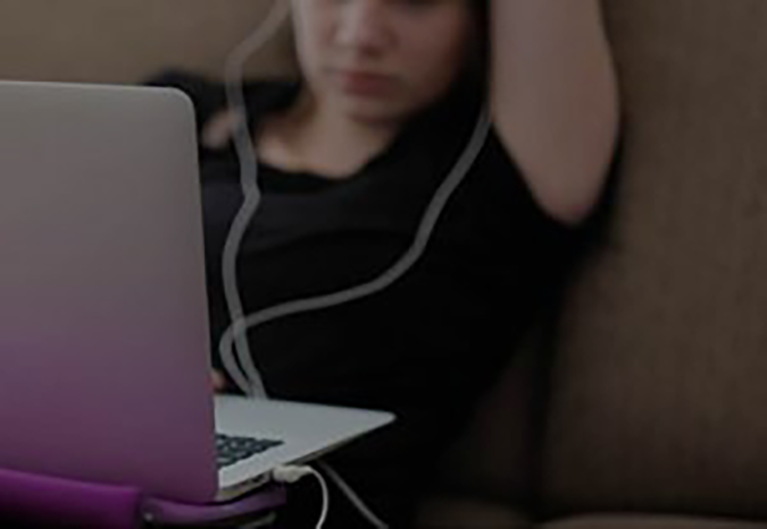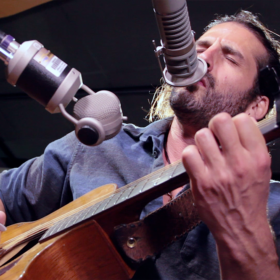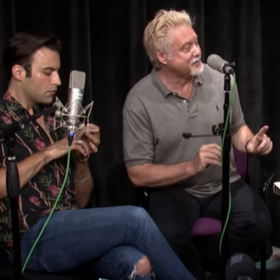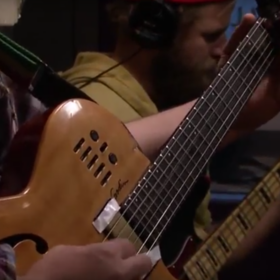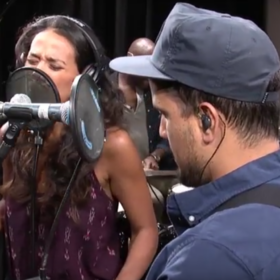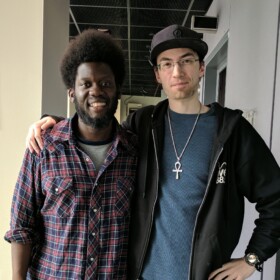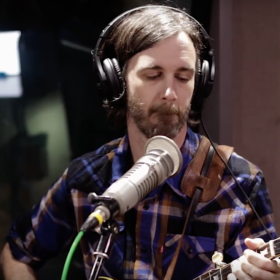

By Lily Doolin
We all know that records have made a huge comeback in the past several years. I bought my record player in 2015, and have been collecting ever since. I wondered whether it was a good investment since fads come and go so fast these days.
However, four years later, the vinyl industry is still going strong after its resurgence, which I'm happy to see. While listening to music on streaming apps is convenient and inexpensive, there's nothing like owning a hard copy of the music that means the most to you. I love to just sit back and throw on a record; I'm transported to decades I never got to experience in real life.
It's certainly not too late to start a record collection or expand on the one you have now. However, as I said, it can get expensive, and keeping a serious record collection does take some time and maintenance. Despite all this, there are ways to make starting a record collection cost-effective and easygoing.
Buy records used
There's this stereotype about anything that's labeled as "used" being low quality, knocked-off, or even damaged. I bought Bruce Springsteen's "Born in the USA" for $5 used, and it is one of the best-sounding records in my collection. Before purchasing a used record, just take it out of its sleeve and inspect it. Don't worry if it's dusty or has fingerprint smudges on it - those can be easily cleaned. Any visible scratches, dents, or bends are signs that the vinyl will likely skip or sound distorted.
Ask family and friends for records
Some of your relatives might have kept some of their records from when they were younger. My grandmother had two whole boxes of records that I poured through. I scored everything from an original copy of the Saturday Night Fever soundtrack to an entire collection of Stevie Wonder's greatest hits. My dad also gave me some of his original Star Wars records, all of which were in great shape. Why spend your money when you can just shop within your family for free? This is also a great way to score some more vintage albums you might not be able to purchase on vinyl anymore unless you pay the equivalent of your college tuition.
Only buy full-price records for albums that mean the most to you
The only time I suggest buying brand new records is when you'll be listening to them a lot. Older records that already have a lot of mileage on them might not hold up the test of time. By that, I mean the spinning the same record for weeks on end because you're obsessed with that one song in the middle of the album. Just me? Okay.
There's nothing nicer than a brand-spanking-new vinyl sleeve with the cover art unscathed. And there's no greater feeling than slipping out a new, unmarked record and listening to it for the first time. The sound is crisp, clear, and so very satisfying. Some instances just call for a brand-new record. For example, I buy the albums of my favorite artists like Queen and David Bowie at full-price, since I know they'll be used the most. However, keep in mind that sometimes new vinyl doesn't mean it's guaranteed to be skip-free. I recently purchased Demon Days by Gorillaz on vinyl just to find it was scratched straight out of the packaging. Spend your money wisely, but do spend it on the albums that matter most.
Store your records vertically, and in a sturdy container
A rookie mistake people make when storing their records is laying records on top of one another in a pile face-up. While this might seem like a great way to both display your records and keep them safe, this can actually cause your records to warp. Records made from cheaper plastic (like many older records) tend to want to curl up when they're laid flat. Instead, stand up your records in a bin or basket that is sturdy, so as to prevent warping to fit the shape of the container. Vinyls that are warped won't sound correct. This can be disastrous when you have a whole pile of records incorrectly stored together.
Clean your records frequently
Though your records might look clean to the naked eye, there are likely dust particles hanging out in the grooves of your record. Dust, dirt, pet hair, and any other vaguely gross matter can hide out secretly on your vinyl, wreaking havoc on the sound quality of the music. In the most intense cases, build ups of dirt and dust can cause your records to skip.
To prevent this, clean your records more frequently than you think you have to. I always clean a record before I use it the first time, and then clean it after every few plays. I purchased a specialized record cleaner and a cleaning pad to go with it. You can find cheap cleaners and special cloths online. If you don't have the time or money to buy a specialized cleaner, you can use distilled water and a cotton cloth. Never use a harsh chemical like hand soap, dish soap, or window cleaner-these can distort the sound of your records, giving them that odd "crackling" sound that sometimes happens in the background.

